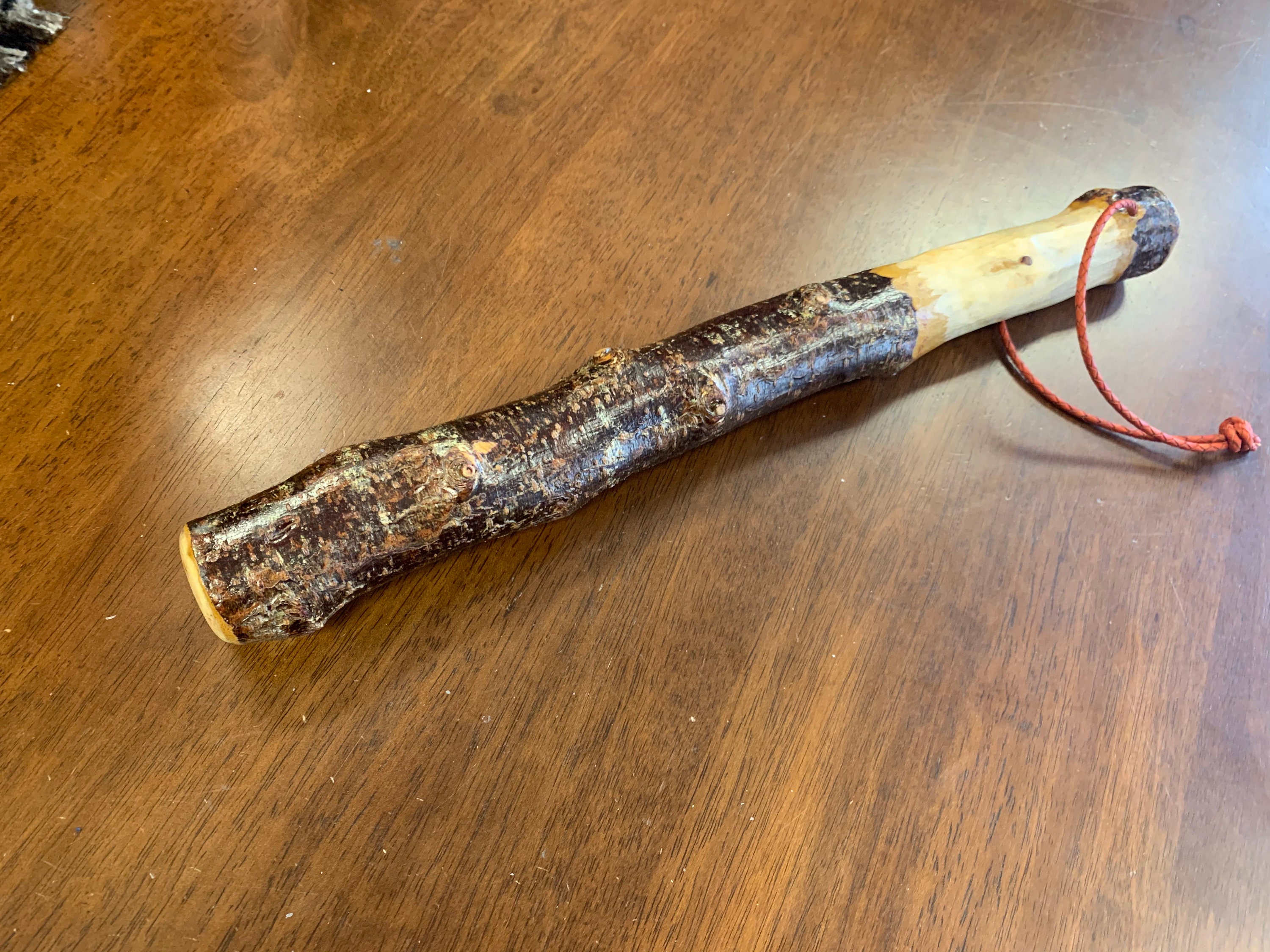

In "The Rocky Road to Dublin" the singer describes how he fashions a shillelagh to use as a striking weapon to defend himself against bandits and highwaymen. The ballad "Finnegan's Wake" is generally considered to have coined the term "shillelagh law" which refers to refers to a brawl. The Shillelagh gained fame through mentions in several well-known Irish folk songs. "Cut a stout, black thorn to banish ghosts and goblins" - The Rocky Road to Dublin

Some boys were educated in the ways of the Shillelagh by the local Maighistir Prionnsa or “fencing master”.
#The shillelagh how to
Fathers taught their sons how to fight and many young boys received shillelaghs as a significant rite of manhood. Tipperary.īy the 19th Century Shillelagh fighting evolved into a martial art.

Faction fights remained a common occurrence up until the 1840s and the last recorded brawl took place in 1887 at a fair in Co. While most of these fights were purely for sport they eventually took on a political and violent edge as the years went on. Shillelagh Spells Rules Create A Spell Browse Homebrew Shillelagh Level Cantrip Casting Time 1 Bonus Action Range/Area Touch Components V, S, M Duration 1 Minute School Transmutation Attack/Save Melee Damage/Effect Bludgeoning The wood of a club or quarterstaff you are holding is imbued with natures power. During the 18th century bataireacht was practiced primarily with Irish gangs called "factions" who often fought each other at gatherings and events. The The Shillelagh was the primary weapon used in Bataireacht - a form of traditional Irish stick fighting popular in the 18th and 19th centuries. It is typically made from a stout knobbly and knotty stick with a knotty head, which can be used for gripping or striking. the Shillelagh was commonly used as a walking cane or walking stick, and can sometimes described as a cudgel. Shillelaghs are usually made from Blackthorn wood with a leather wrist strap joined to the handle. The word Shillelagh comes from the Irish phrase sail éille which translates into English as "thonged willow-stick." The Shillelagh is thought to have originated in the village of Shillelagh, County Wicklow, which was once said to be surrounded by vast oak forests.


 0 kommentar(er)
0 kommentar(er)
